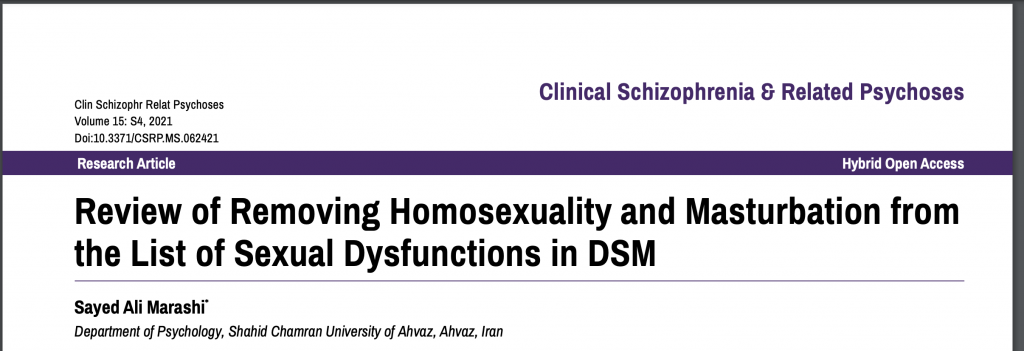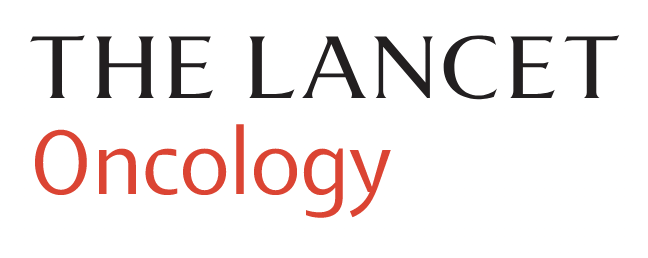An alleged sex researcher with a history of making things up has lost a 2019 paper on the habits of people who have sex with animals over concerns about the ethics approval for the research.
The paper, “Digital Ethnography of Zoophilia — A Multinational Mixed-Methods Study,” was written by Damian Jacob Sendler and a co-author, Michal Lew-Starowicz and appeared in the Journal of Sex & Marital Therapy.
Despite an impressive-looking webpage, Sendler, in the words of Gizmodo reporter Jennings Brown, is a:
serial fabulist. The accomplished doctor character Sendler has created has appeared in numerous media outlets—Vice, Playboy, Savage Lovecast, Huffington Post, Insider, Bustle, Thrive Global, Women’s Health, and Forbes, among others. Many of these platforms have published Sendler’s lies and publicized his bizarre and irresponsible studies on necrophilia, zoophilia, lethal erotic asphyxiation, and sexual assault. And until recently, he was soliciting patients through his website where he offered online psychotherapy and sex therapy.
Sendler, whose affiliation is listed as the Felnett Health Research Foundation, in Staten Island, N.Y., claims to have earned an MD and a PhD from Harvard:
Continue reading Fake sex researcher loses zoophilia paper over ethical concerns








